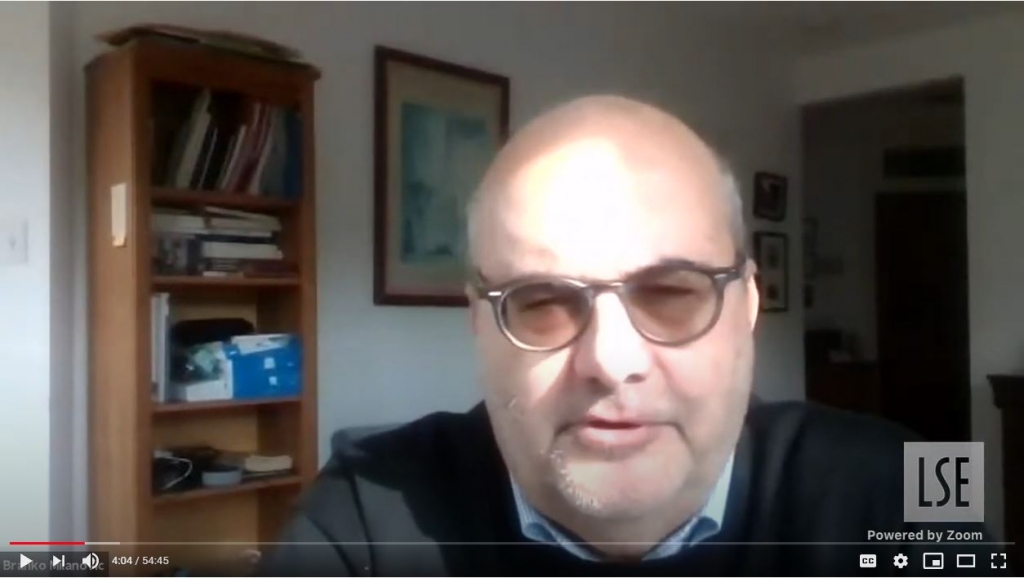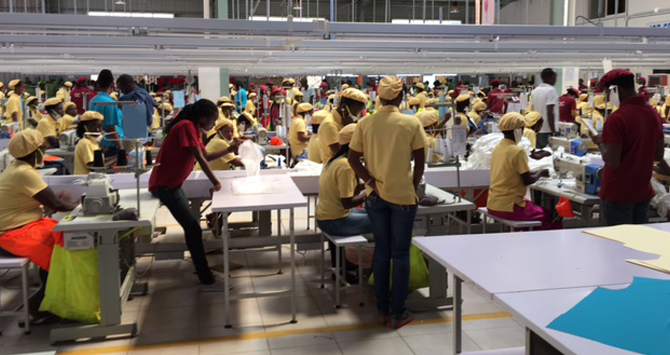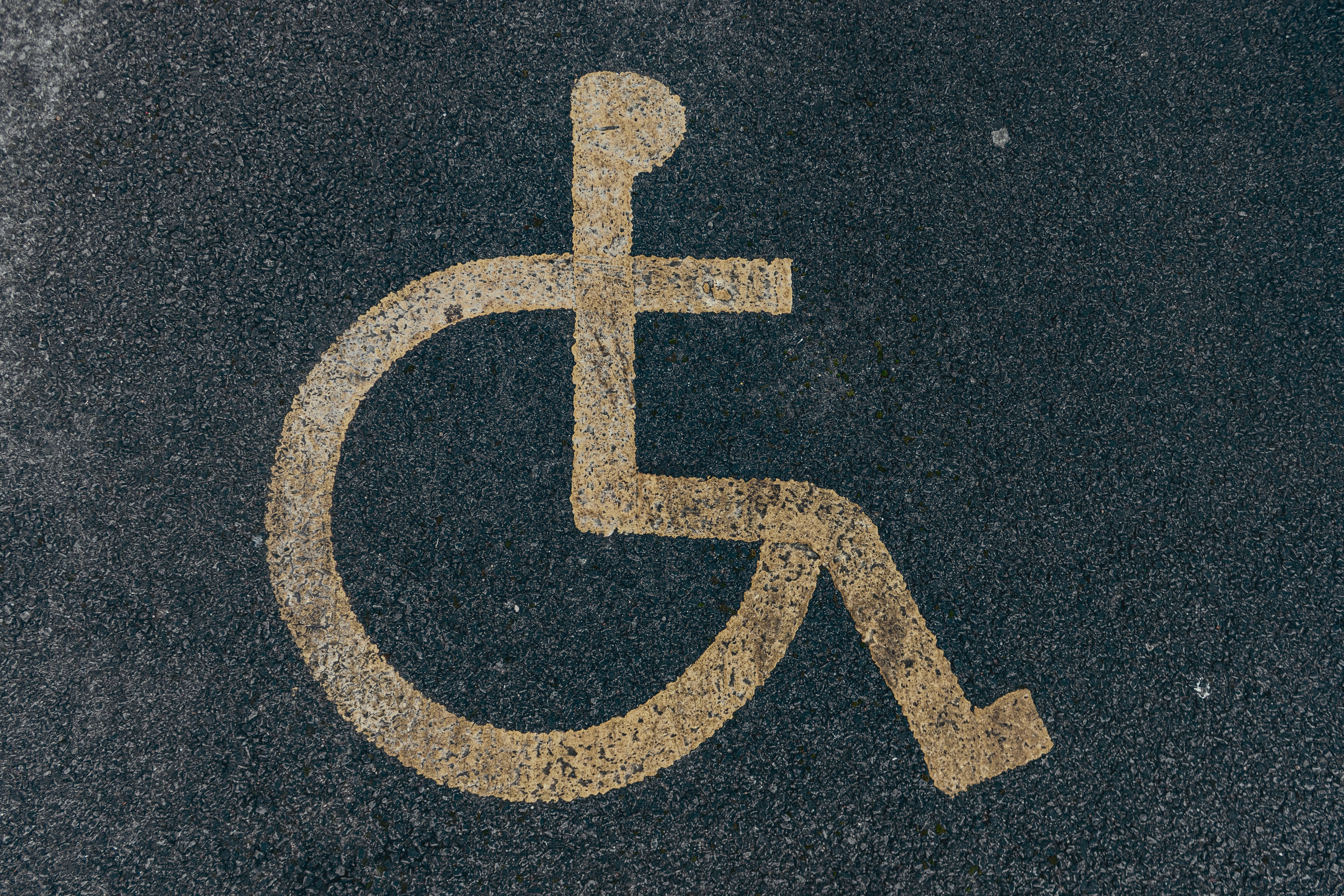On Friday 13 November, Professor Branko Milanovic gave an online lecture, ‘Capitalism Alone: The Future of the System that Rules the World’ as part of the Cutting Edge Issues in Development lecture series. Branko Milanovic is a visiting presidential professor at The Graduate Center, CUNY, and a senior scholar at the Stone Center on Socio-economic Inequality. Read more about what our students took away from the lecture below.
You can watch the guest lecture back on YouTube.

Classic capitalism, as defined by Karl Marx in the 19th century, is no longer a good description of the capitalism we now experience. We no longer observe the theoretical opposition between a working class whose income is earned from labour, against a capitalist class that benefits from capital income (– a system in which the capitalist would invariably get more revenue than the worker. Capitalism has evolved towards what Milanovic terms ‘liberal capitalism’ (or meritocratic capitalism, based on John Rawls’ concept), where every individual is, in theory, entitled to revenue from labour and capital.
According to Milanovic, this transformation has reshaped interpersonal inequalities. Indeed, those who have the highest labour income are often the same as those who have the largest share of capital revenue (what he calls homoploutia), contrary to ‘classic capitalism’. However, capital is still the main cause of inequality. Another important trend to consider, in order to understand the rising level of inequality in the past 30 years, is the increasing share of private capital: an ever-rising share of income remunerates capital and not labour. This mechanism obviously works in favour of financial asset holders: “80% of gross assets of the rich are financial instruments versus 12% for the middle class’’. Moreover, this income inequality is reinforced by other systemic features: rich people marry each other so that wealth stays in the same families, bolstering a ‘dynastic’ capitalism. Those in the wealthiest sector are also more likely to see their concerns addressed in the political agenda, as they possess more social capital, and their children have a greater chance of attending college, and thus legitimising their future dominant positions in the social arena.
The challenges facing this form of capitalism are numerous and profound, and they are not easy to address. Indeed, the rich and powerful have no interest in changing the system. In this perspective, Milanovic proposes some ideas to initiate change, but some might remain sceptical about their limited scope. Are higher taxes on capital flows and stocks feasible in our era of globalisation? Is redistributing shareholding to workers a solution worse than the initial problem? To what extent can a democratisation of college attendance reduce systemic inequalities? These speculative questions might have optimistic or pessimistic answers depending on who speaks. Yet, one thing is sure in Milanovic’s argument: inequality and how it evolves will determine the future of the liberal capitalist system.
Inès Urman
_______________
In an exciting lecture about the future of capitalism in the 21st century, Branko Milanovic talked about his latest book Capitalism, Alone (2019) and about his main research area, inequality within capitalist states.
Milanovic briefly explained that he considers capitalism as the only model of production that is present in the world today. Specifically, he described the contemporary Western form of capitalism as ‘meritocratic capitalism,’ which he considers a state form in which systemic inequalities exist and tend to increase. Milanovic defines six systemic inequalities that arise from meritocratic capitalism. These are:
- We see an increasing aggregate share of capital in national income. It can be seen as a consequence of what Milanovic terms ‘hyper commercialized capitalism.’
- There is a high concentration of capital ownership linked to higher rates of return on the assets of the rich because the wealthiest have access to advice, resources, and financial products unavailable to the poorest resulting in a vicious circle in which the concentration of capital ownership.
- Homoploutia is a neologism created by Milanovic, pointing out that the same people (Homo) are the wealthiest (Ploutia) in both capital and labour revenues representing an evolution from classic capitalism.
- High homogamy whereby the share of men and women that belong to the top income decile that marry a partner from the bottom income decile has steadily decreased over the last 50 years.
- High control of the political process by the rich, linked to the fact that college attendance is higher for high-income families. it may be seen as a process of excluding other individuals that cannot afford to go to elite private colleges.
- Greater transmission of income and wealth across generations refers to inheritance taxation and the decrease of intergenerational mobility.
Milanovic also referred to possible measures to tackle these systematic inequalities. He focuses on pre-distributional issues, i.e., reducing the concentration of capital endowments through more widely spread ownership. He proposes introducing more inclusive companies in the form of workers’ shareholdings or taxation of inheritance. Furthermore, he underlines the importance of education and pronounces the importance of improving public relative to private education to make education more inclusive.
In our view, these systemic inequalities show that Western Capitalism has failed to provide inclusive growth to large parts of societies. Inequalities are high and rising; from our perspective, inequality is the most pressing issue of the 21st century. It determines how societies interact and if societies fall apart, remain, or become more inclusive. Here we present three brief reform paths that could help reduce these perilous trends:
- Transforming higher education: Higher education shapes the future of leadership. A trend reversal in policies and values is unlikely without changing higher education and access to higher education. We argue that improving public education is a pressing challenge that governments in liberal democracies should tackle. Providing access to higher education with tax-funded tuition and affordable loans is a costly but most likely popular approach to tackle educational inequality.
- Corporate taxation: as an example, he world’s most profitable corporations, such as Apple, Amazon, Google, and Facebook, pay negligible amounts of taxes in the places where they operate. The European Union is not able to collect significant taxes despite significant revenues from those corporations due to its inability to transform its judicial system to prevent countries such as the Netherlands, Luxemburg, and Ireland from offering those corporations monumental tax reliefs. The direct effects of such a reform on economic inequality may be minor, but the effect in terms of publicity would be highly significant.
- Inheritance taxation: Inheritance taxation seems to be one of the most straightforward ways to create a level-playing field for future generations and alleviate intergenerational inequalities, as it once was before. However, due to the opacity of financial transactions, the presence of tax havens on every continent, and the unwillingness of governments to exchange information that is vital for effective taxation of the wealthiest individuals on earth, this project faces numerous obstacles.
These changes are not easy to implement politically since redistribution attempts always face severe opposition from the currently benefiting groups. Still, they are necessary to ensure cohesion and solidarity within our societies. This is a major challenge for liberal democracies – implementing unpopular reforms and taking the risk of not being reelected. If liberal democracies fail to do so, societies may break apart, giving rise to non-liberal authoritarian state forms that do not perform better in terms of inequality (but maybe better in terms of social cohesion). Securing social cohesion while being confronted with rising inequality is the challenge for liberal democracies in the 21st century.
Niklas Heuser and Youssef Bouri
This Friday’s guest lecture will be with Professor Jimi Adesina, who will be joining us from Pretoria to talk about ‘Why Development and Transformative Social Policy Matter: Lessons of COVID-19 in Africa’. LSE staff and students can sign up for the lecture here. External audiences can join the lecture via YouTube.
The views expressed in this post are those of the author and in no way reflect those of the International Development LSE blog or the London School of Economics and Political Science.






2 Comments